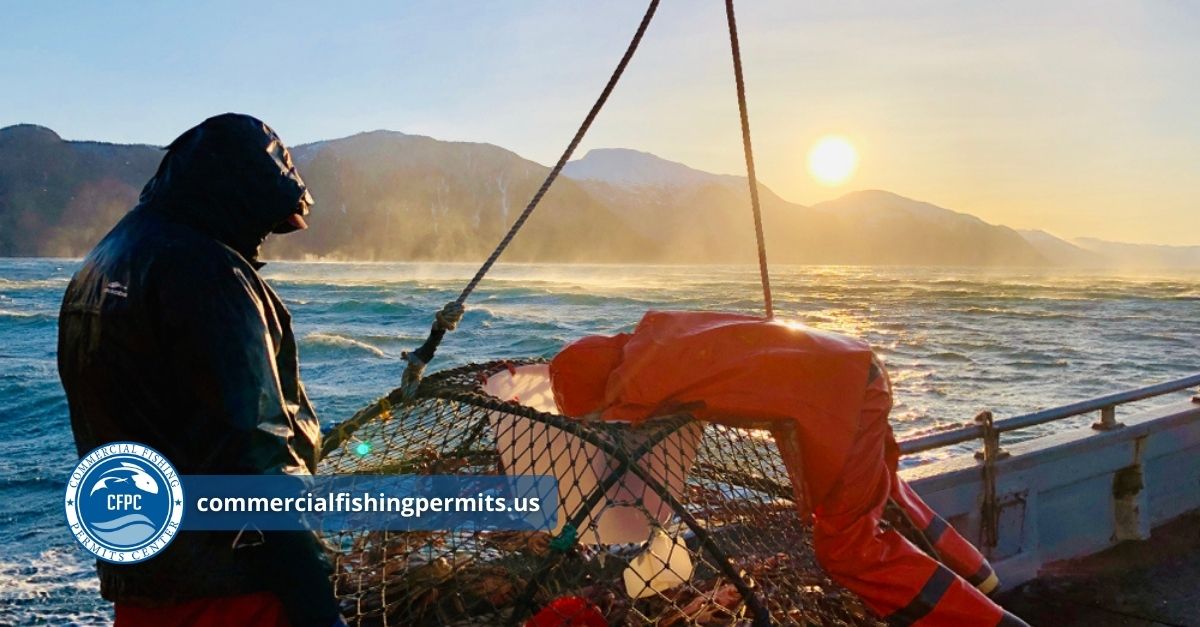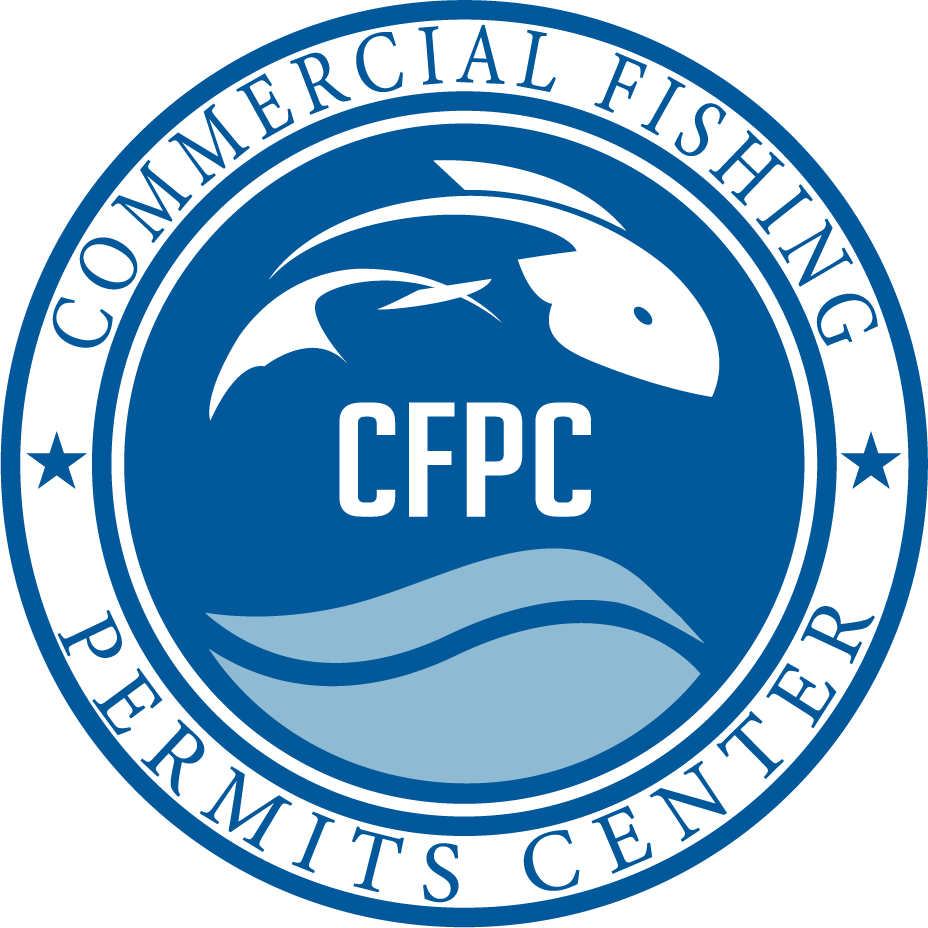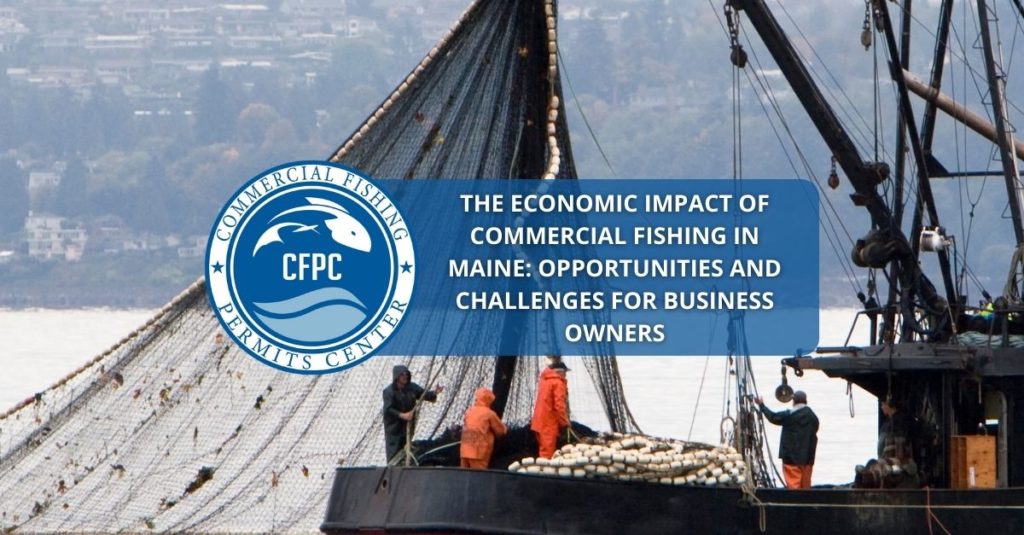Maine is known for its picturesque coastline, vibrant seafood industry, and rich fishery resources. The commercial fishing industry plays a significant role in the state’s economy, generating jobs, income, and revenue for both fishermen and fisher businesses. The industry’s economic impact extends beyond the coast to other sectors, including seafood processing, transportation, and tourism. However, the industry also faces challenges that require strategic planning and innovative solutions. In this blog post, we will delve into the economic impact of commercial fishing in Maine and explore the opportunities and challenges facing business owners in the industry.
The Economic Impact of Commercial Fishing in Maine
The commercial fishing industry is an essential part of Maine’s economy, contributing to the state’s GDP and supporting numerous jobs. According to a study by the Maine Center for Business and Economic Development, the industry generated $721 million in direct sales, $2.1 billion in total economic output, and 33,000 jobs in 2016. The study also revealed that the industry provides a significant source of income for fishermen and fisher businesses, with an average annual income of $36,840 for commercial fishing license holders and $61,457 for seafood processing workers.
Opportunities for Business Owners
The commercial fishing industry provides numerous opportunities for business owners to grow and diversify their operations. For example, fishermen can explore new markets and expand their product lines by catching different species or value-added products such as live lobster or aquaculture products. Fisher businesses can adopt innovative technologies and practices to reduce costs, increase efficiency, and improve product quality. Seafood processors can develop new products and packaging to meet changing consumer preferences and trends.
Challenges Facing Business Owners
Despite the industry’s economic significance, commercial fishing business owners face various challenges that threaten their livelihoods and sustainability. These challenges include declining fish stocks, increasing competition, changing regulations, and climate change. For instance, the decline of lobster stocks due to warming waters and acidification poses a significant threat to Maine’s lobster industry, which contributes approximately $400 million to the state’s economy annually. Business owners need to adapt to these challenges by adopting sustainable practices, diversifying their operations, and collaborating with other stakeholders to find solutions.
Government Initiatives to Support the Industry
The Maine government and federal agencies have implemented various programs and initiatives to support the commercial fishing industry and address its challenges. These initiatives include fisheries management plans, research and monitoring programs, economic development grants, and disaster relief assistance. Business owners can take advantage of these programs to access funding, technical assistance, and other resources to improve their operations and sustainability.
Building a Resilient and Sustainable Industry
Business owners in the commercial fishing industry play a crucial role in building a resilient and sustainable industry. They need to adopt sustainable practices, embrace innovation, collaborate with stakeholders, and advocate for policies that support the industry’s long-term sustainability. By working together, the industry can overcome its challenges and continue to provide jobs, income, and seafood to consumers while preserving Maine’s coastal heritage and resources.

The commercial fishing industry is a vital part of Maine’s economy, providing jobs, income, and revenue for fishermen, fisher businesses, and other sectors. However, the industry faces challenges such as declining fish stocks, increasing competition, and changing regulations that threaten its sustainability. Business owners need to adapt to these challenges by adopting sustainable practices, embracing innovation, collaborating with stakeholders, and advocating for policies that support the industry’s long-term sustainability. By working together, the industry can overcome its challenges and continue to thrive while preserving Maine’s coastal heritage and resources. Contact us and let us assist you.


No Comments
Be the first to start a conversation